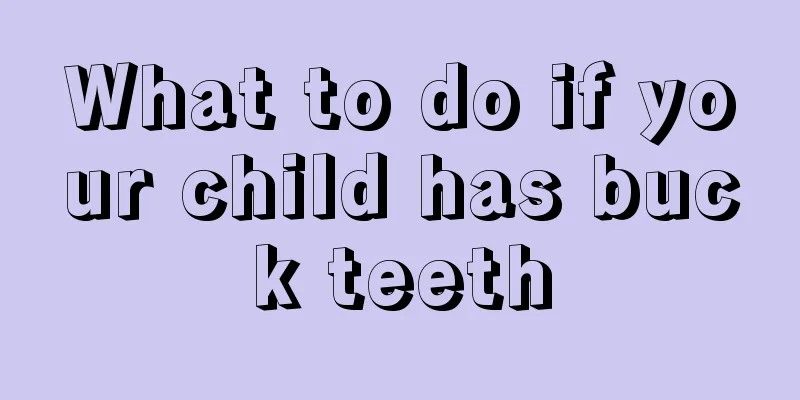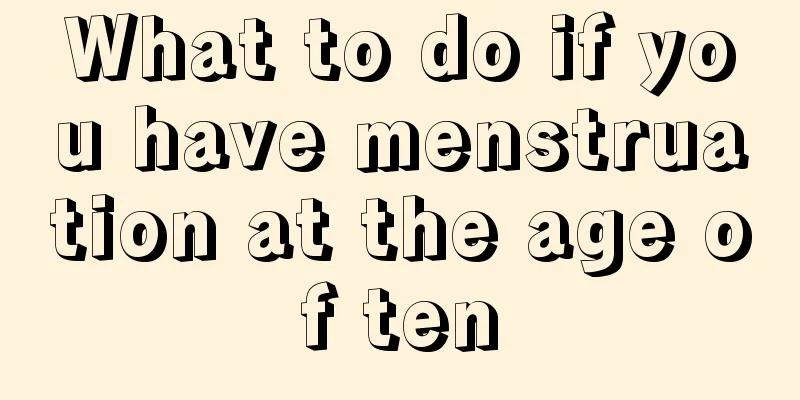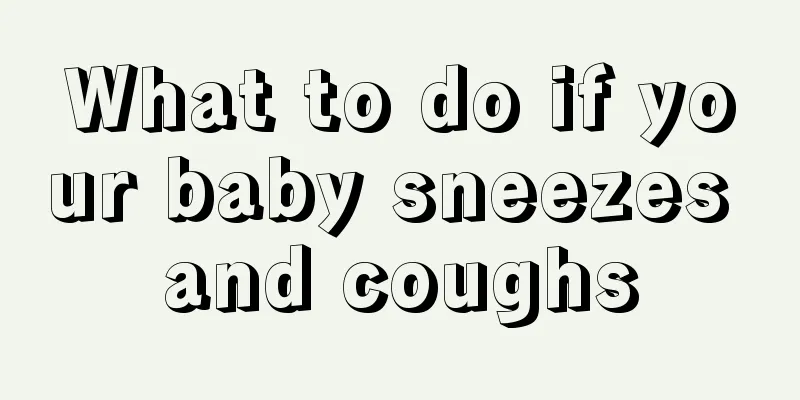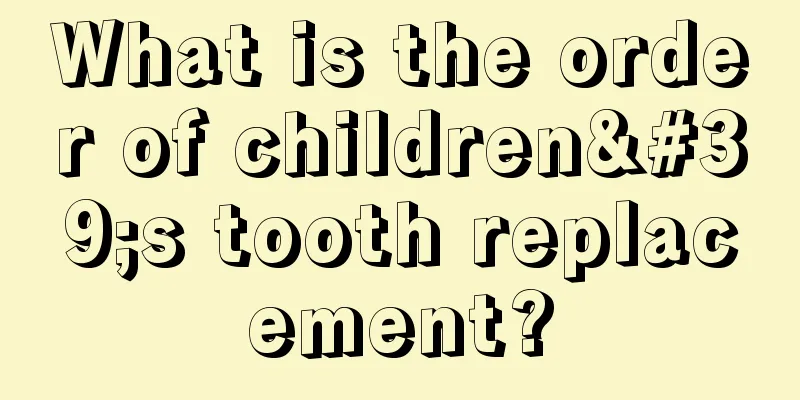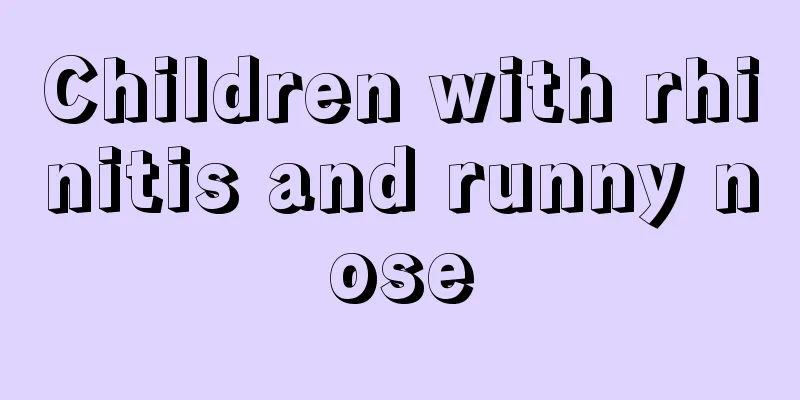How to treat school phobia?

|
It is the beginning of another school year. Many parents are excited to send their children to school. However, children need to constantly adapt to a new environment and will soon master more knowledge. Logically speaking, all children like to go to school, but a small number of children have a fear of school. In psychology, this situation is called school phobia. So, how to treat school phobia? First of all, we need to find out the reasons why our children refuse to go to school. When parents find that their children are unwilling to go to school, they should have a heart-to-heart talk with them and try to understand all the circumstances related to their schooling. Pay attention to guidance and do not use simple intimidation to force children to go to school, so as not to aggravate their psychological trauma. We should use positive guidance and explain the relationship between current schooling and future work to help children improve their understanding. We should avoid all coercive and punitive words and actions. Once the cause of refusal to go to school is found, parents, teachers, and doctors should work together to develop a treatment plan. This plan should include the following two points: 1. Try to get your child back to school as soon as possible. If a child who refuses to go to school shows obvious anxiety symptoms, parents should not be impatient but should notify the school and obtain the cooperation of the teacher. Then, parents should wait patiently and accompany their children to eliminate or alleviate their anxiety symptoms. It is good to start by having your child stay in school for an hour. If this is successful, you can extend the time to 2 hours and then to half a day. Gradually transition to not accompanying your child to school and letting your child go to school alone. Whenever a child makes progress, he or she should be praised and rewarded in a timely manner. 2. Help children overcome their fear. Children with school phobia all have anxiety symptoms to varying degrees. After finding the cause, they should seek targeted psychological treatment from a child psychologist. Muscle relaxation therapy is an effective method to help such children overcome their fear and relieve anxiety symptoms. That is, when the child approaches the school gate, he should take deep breaths repeatedly and wait until the muscles of the whole body gradually relax before entering the school gate to overcome the fear and anxiety symptoms caused by going to school. When the above methods are not effective, antidepressants such as clomipramine, amitriptyline, and maprotiline can be used in the short term under the guidance of a doctor, and anti-anxiety agents such as valproate and diazepam can be used simultaneously to eliminate or alleviate the symptoms of the child. There are four common methods for treating "school phobia": One is supportive psychotherapy. Provide guidance and counseling to students, ask them about their concerns and anxieties patiently, explain and guide them, and try to improve the environment (such as changing schools or teachers). The second is family therapy. Change the educational method of over-indulging children, have more emotional exchanges with children, and if parents have psychological problems themselves, trace the root cause and both parents should treat it together. The third is systematic desensitization therapy. Parents and schools actively cooperate and plan to reduce children's fear of school. At the beginning, the children spend a shorter time in school each day, and then gradually extend the time. During the treatment process, teachers and classmates should pay more attention to, support and encourage the children, but because these children are generally more sensitive, they must be careful to strike a good balance. Fourth is exposure therapy. The child was afraid to go to school, but we took every possible means to force him to stay in school. After a long time without any hope, he gradually adjusted his mentality. This method is particularly suitable for children who have just started school. It is highly stimulating, but attention should be paid to the corresponding safety measures. |
<<: What is the reason for my baby’s low fever?
>>: How to treat children’s phobia?
Recommend
What are the dangers of using cough plaster on children?
When a child has symptoms of coughing, parents of...
Main ingredients and treatment of children's eczema cream
Children are more likely to get eczema, and eczem...
Causes and prevention of allergic rhinitis in children
Because of not paying attention to hygiene, not r...
Does childhood tooth decay need treatment?
For families with young children, parents should ...
What should I do if my child's tonsils are enlarged to the third degree?
Because children have relatively low resistance, ...
What to do if your 5-year-old baby has toothache
I believe many people have experienced the feelin...
Rash on baby's neck and face
Every baby is the apple of the parents' eyes....
Treatment for children's cold, cough and runny nose
In life, all parents should know that children’s ...
Can children drink carbonated drinks?
Children are very interested in colorful and deli...
What should I do if my baby keeps having green poop?
It is the common wish of all parents that every b...
How to determine anemia in children?
Anemia in children is now common, which brings gr...
How to deal with a baby's fever of 40 degrees
Baby fever is a common disease, which is quite ha...
What should we pay attention to during circumcision surgery for children?
If a boy is born with a long foreskin, certain me...
Which cold medicine is better for children?
I believe every child is someone that his or her ...
Newborn baby is sleepy and can't be woken up
Newborn babies' organs are not fully develope...
